Unraveling Toronto's Laneway Housing Dilemma: The Quiet Demise of Affordable Options
In 2019, Toronto embarked on a mission to address its housing crisis through the Affordable Laneway Suites Pilot Program. The city offered forgivable loans of up to $50,000 to homeowners committing to keeping rents below the average market rate for 15 years. However, the program quietly met its demise in 2022, with only 12 participants, leading to questions about its viability. This article delves into the reasons behind the program's discontinuation and explores the broader landscape of laneway housing in Toronto.
The Rise and Fall of Affordable Laneway Suites
Laneway suites, legalized five years ago, were initially hailed as a solution to Toronto's housing woes. The Affordable Laneway Suites Pilot Program aimed to incentivize homeowners by providing financial assistance, but its termination in 2022 raised eyebrows.
Low Uptake and Financial Viability
Despite issuing 509 building permits and receiving 681 applications, merely 12 homeowners opted for the forgivable loan. Experts like Andrew Fishman from Laneway Home Building Experts argue that the financial equation didn't add up. With construction costs ranging from $350 to $500 per square foot, charging below-market rent wasn't financially sustainable for most.
Funding Challenges
The program's fate was sealed due to "insufficient" provincial funding. The Ontario Priorities Housing Initiative (OPHI), launched in 2019, allocated money to service managers, with decisions resting in the hands of local authorities. Limited funds and competing housing priorities led to the discontinuation of the Affordable Laneway Suites Program.
Market Housing vs. Affordable Housing
Graig Uens, a city planner and director of planning at Batory Management, contends that the pilot program was more market-oriented than truly affordable housing. Councillor Gord Perks echoes this sentiment, highlighting the challenge of achieving affordability on privately owned land.
The Continuing Relevance of Laneway Homes
Despite the setback, planners and officials advocate for laneway homes, emphasizing their role in providing diverse housing options citywide. Laneway homes, garden suites, and multiplexes cater to various demographics, offering reasonably sized alternatives for young professionals and retirees.
Looking Forward: What Can Toronto Do?
To address the affordable housing crisis, suggestions include more aggressive land development, increased housing supply, and greater flexibility with building restrictions. The city could explore partnerships for significant redevelopment of its properties.
While Toronto bid farewell to its Affordable Laneway Suites Pilot Program, the conversation about laneway housing continues. The challenges faced shed light on the intricate balance between affordability and market dynamics. As the city explores new avenues to tackle its housing crisis, laneway homes remain a valuable component of Toronto's housing landscape.
Thinking about selling your home?
Get in touch. We'll guide you through every step of the process to ensure a smooth transaction that meets your goals.




